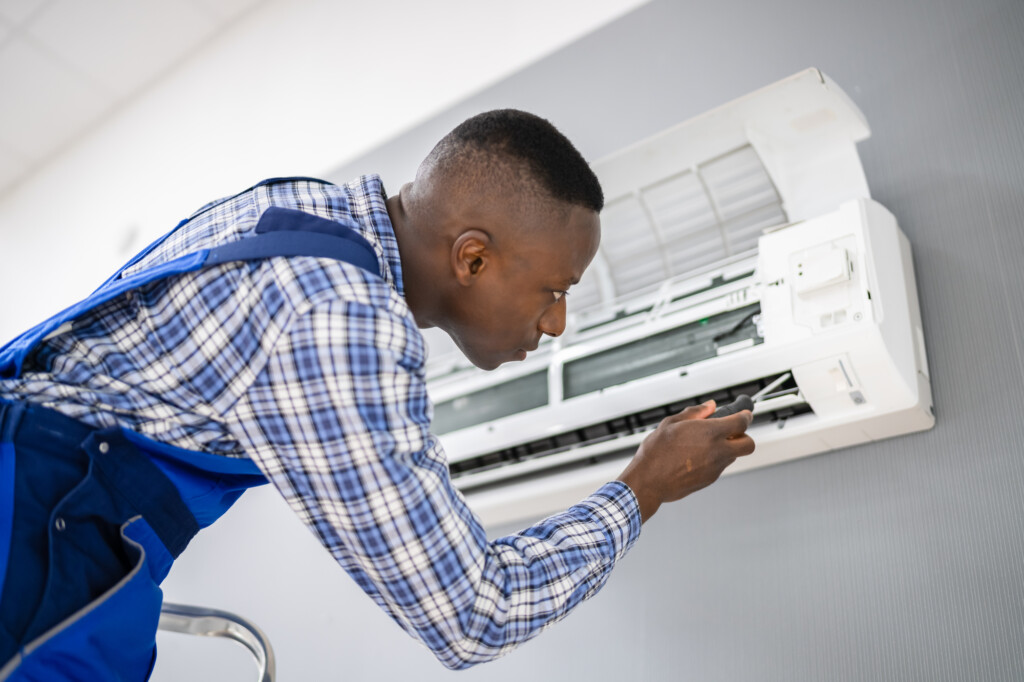In the realm of Heating, Ventilation, and Air Conditioning (HVAC) systems, the efficiency of operation and maintenance plays a critical role in energy consumption and overall building health. Water extraction systems, particularly through the use of condensate pumps, are crucial components that enhance HVAC efficiency by effectively managing the moisture and condensation generated during the cooling process.
Significance of Efficient Water Extraction
The primary function of HVAC systems is to provide comfortable indoor air conditions for various settings, from residential to commercial spaces. These systems often produce a substantial amount of condensation, especially in humid climates or during peak operation times. Efficient water extraction is vital to handle this byproduct properly, which if not managed correctly, can lead to various operational challenges.
Role of Condensate Pumps
Condensate pumps specifically play a pivotal role in the HVAC system by removing the water produced during the air conditioning process. This water, if not adequately diverted, can lead to issues like mold growth, structural damage, and decreased system efficiency. By ensuring that condensation is quickly and effectively removed from the HVAC system, these pumps maintain an optimal operating environment, thus prolonging the lifespan of the system and reducing maintenance costs.
Enhancead System Performance
Proper management of condensate improves the performance of HVAC systems. By removing excess moisture, condensate pumps prevent overstraining of the system components, thereby enhancing their efficiency and effectiveness in temperature control and air filtration.
Advantages of Optimized Water Extraction
Prevention of Mold and Mildew
Accumulation of moisture in HVAC systems can create a breeding ground for mold and mildew, which can degrade air quality and pose health risks. Effective water extraction through condensate pumps significantly reduces the humidity levels within air ducts and other components, thus inhibiting mold growth and ensuring healthier indoor air quality.
Reducation in Corrosion and Leakage
When moisture is not adequately managed, it can lead to corrosion of metal parts and leakage in the HVAC system. This not only leads to costly repairs but can also shorten the life expectancy of the system. By employing condensate pumps, moisture is channeled away from critical components, thereby minimizing the risk of corrosion and enhancing the durability of the system.
Energy Efficiency
An HVAC system free of excess moisture runs more efficiently. When condensate is effectively removed, the system can perform its cooling function with less strain and lower energy consumption. This directly translates to reduced energy bills and a lower environmental impact.
Maintenance Tips for Water Extraction Systems
Regular Inspections and Cleaning
To ensure that water extraction systems like condensate pumps continue to function effectively, regular inspections and cleaning are necessary. Checking for clogs, ensuring that the pump is operating correctly, and cleaning the reservoir and discharge line can prevent breakdowns and maintain efficiency.
Timely Repairs and Replacements
Like all mechanical components, condensate pumps and related parts of the water extraction system can wear out over time. Timely repairs and replacements are crucial to avoid system failures and ensure continuous, efficient operation of the HVAC system.
Professional Assessments
Scheduled assessments by HVAC professionals can help identify potential issues before they become significant problems. Professionals can offer insights into system performance and recommend upgrades or changes to improve system efficiency and longevity.
Effective water extraction is not merely about removing moisture but enhancing the entire HVAC system’s efficiency and reliability. Through the strategic use of condensate pumps, building managers and homeowners can achieve a more efficient, durable, and healthy air conditioning system. Regular maintenance and proactive management of these systems can lead to substantial long-term benefits, including cost savings and improved air quality.
Photo Credit: DepositPhotos.com



